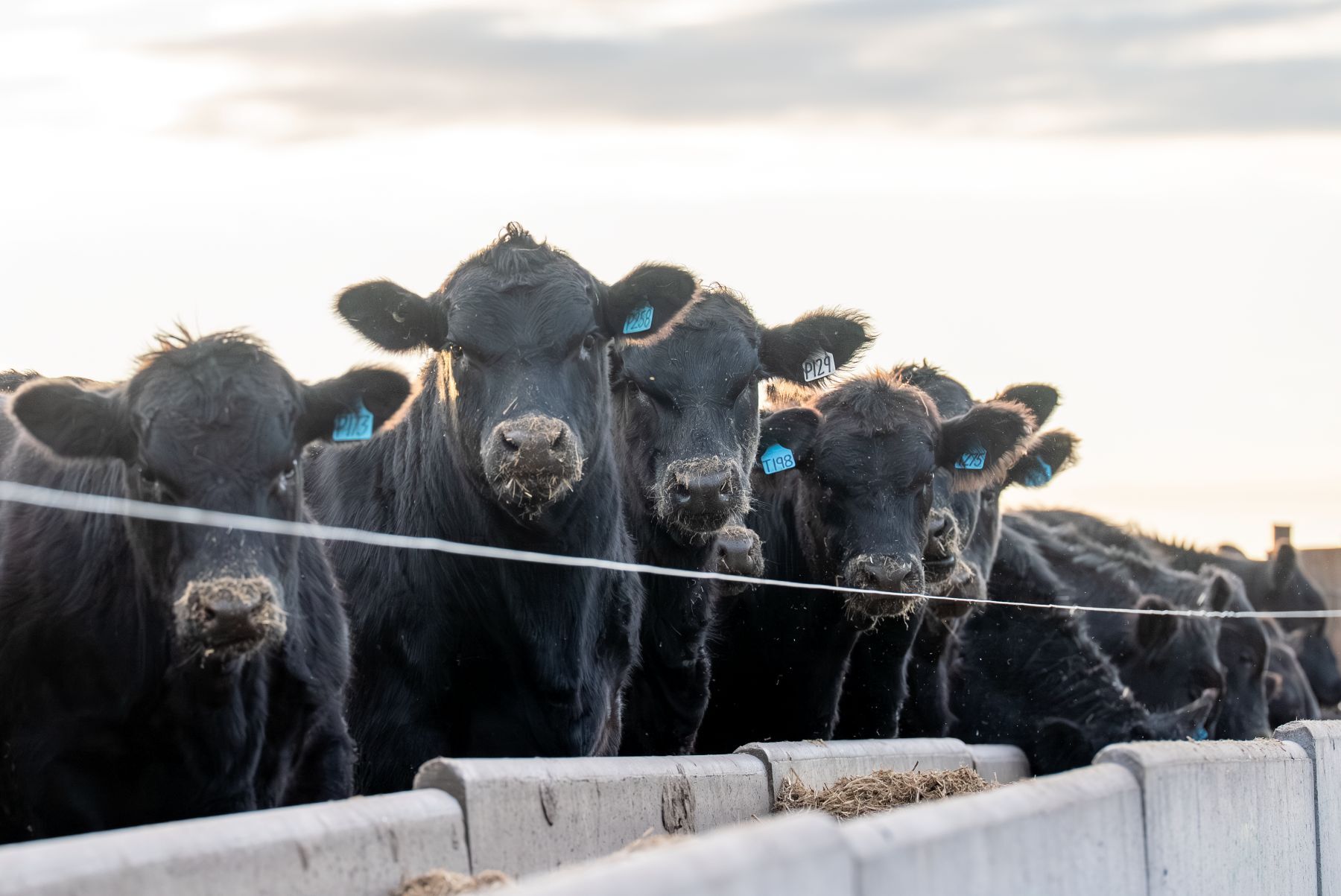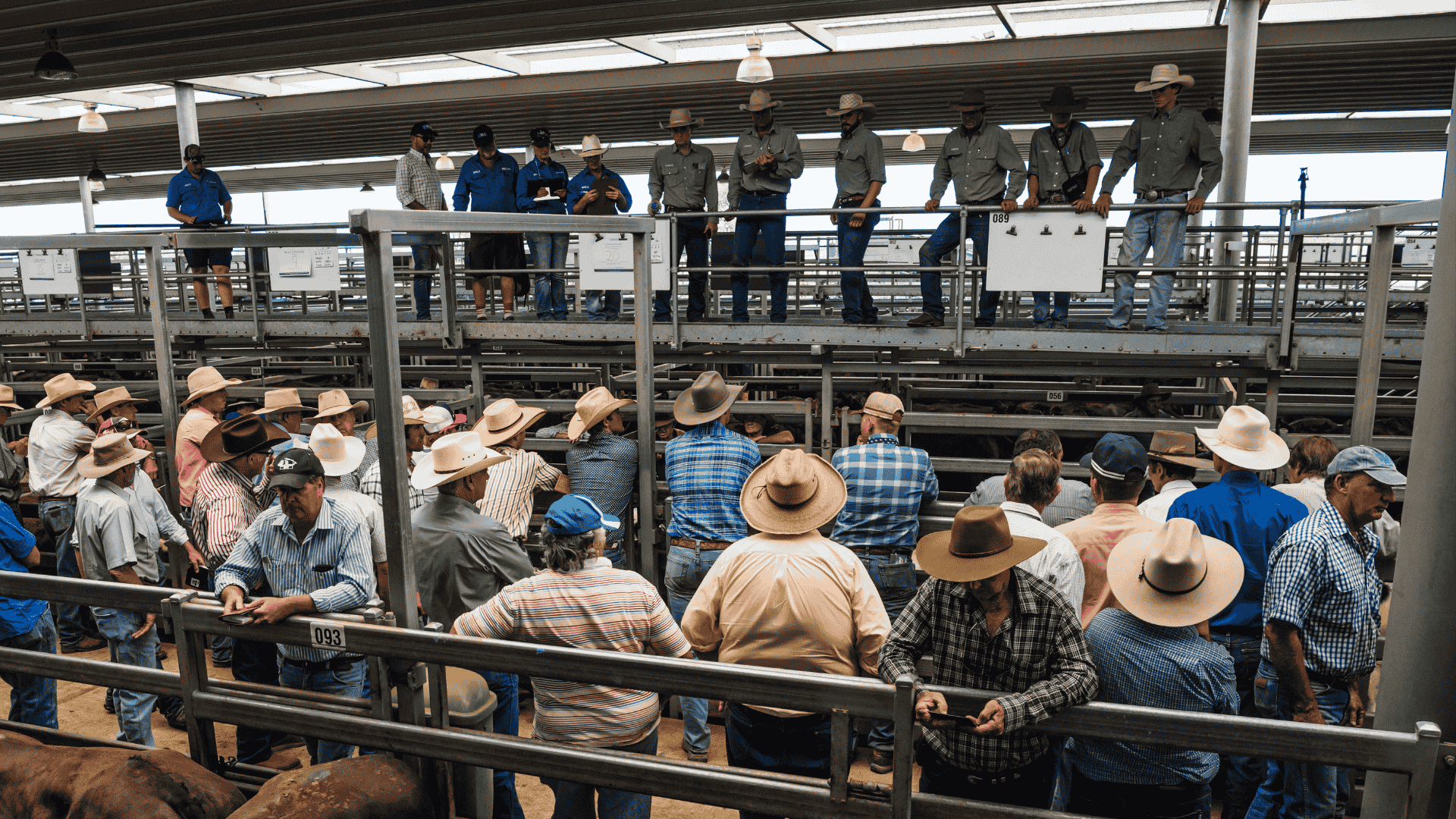What Trump's latest tariffs mean for Aussie livestock producers
Australian sheepmeat and goatmeat have been caught up in US President Donald Trump's latest tariff tantrum, but Australian beef will remain exempt.

Australian beef producers with European Union (EU) accreditation face losing access to premium prices unless they urgently opt in to provide geolocation data.
To comply with the new EU Deforestation Regulations, all beef exported to the EU from January 1, 2026, must come from PICs that have opted in and shared their geolocation history, but industry communications have not made the urgency of the situation clear - the time to act is now.
Only about 20% of European Union Cattle Accreditation Scheme (EUCAS) PICs have opted in so far, leaving feedlots scrambling to secure compliant stock.
Elders Killara Feedlot General Manager Andrew Talbot explained that most cattle stay on feed for 180 days, and then there's time to process and prepare for shipping to consider.
"It's all to do with shipping. Basically we've got cattle killing in October that will arrive in the EU early in the year and we need to ensure that we've got all the details for it," Mr Talbot said.
"I see the EU inventory on feed falling somewhat."
To meet the requirement, producers can opt in to record their farm geolocation within their LPA account via myMLA. This information is then linked with the National Livestock Identification System (NLIS) so that feedlots and processors can verify the lifetime geolocation history of cattle in a consignment. The process takes less than a minute.
Mr Talbot said the business was in the process of tracing all of its EU cattle on feed to ensure that it has geolocation data.
Killara, based at Quirindi, NSW, has also started sourcing vendor-bred and once-removed cattle to reduce the administrative burden of tracing lifetime geolocation data.
"There is a real urgency to ensure all EU cattle and the people with EU cattle have their geolocations registered," Mr Talbot said.
Australian Meat Industry Council CEO, Tim Ryan, said a higher rate of uptake was needed - and quickly - to ensure that EU-accredited farms don’t risk their investment in EU-eligibility.
“While we are still six months out from the hard deadline, the fact is that feedlots and processors are already looking to source cattle for meat production that will be exported to the EU in 2026 and beyond."
Australian Lot Feeders’ Association CEO, Christian Mulders also encouraged EUCAS-accredited feedlot operators, and their suppliers, to take the necessary steps and opt in to this system to ensure their cattle remain eligible for EU supply chains.
“Our shared success in accessing premium international markets like the EU depends on all parts of the supply chain working together to meet evolving requirements,” Mr Mulders said.

Australian sheepmeat and goatmeat have been caught up in US President Donald Trump's latest tariff tantrum, but Australian beef will remain exempt.
.png)
After 24 Hereford sales with Injemira, stud principal Marc Greening says the next step for the Holbrook-based seedstock operation is about...
.png)
AuctionsPlus has launched a new Trade and Finance Calculator, giving buyers clearer visibility over trading margins and finance costs before placing...